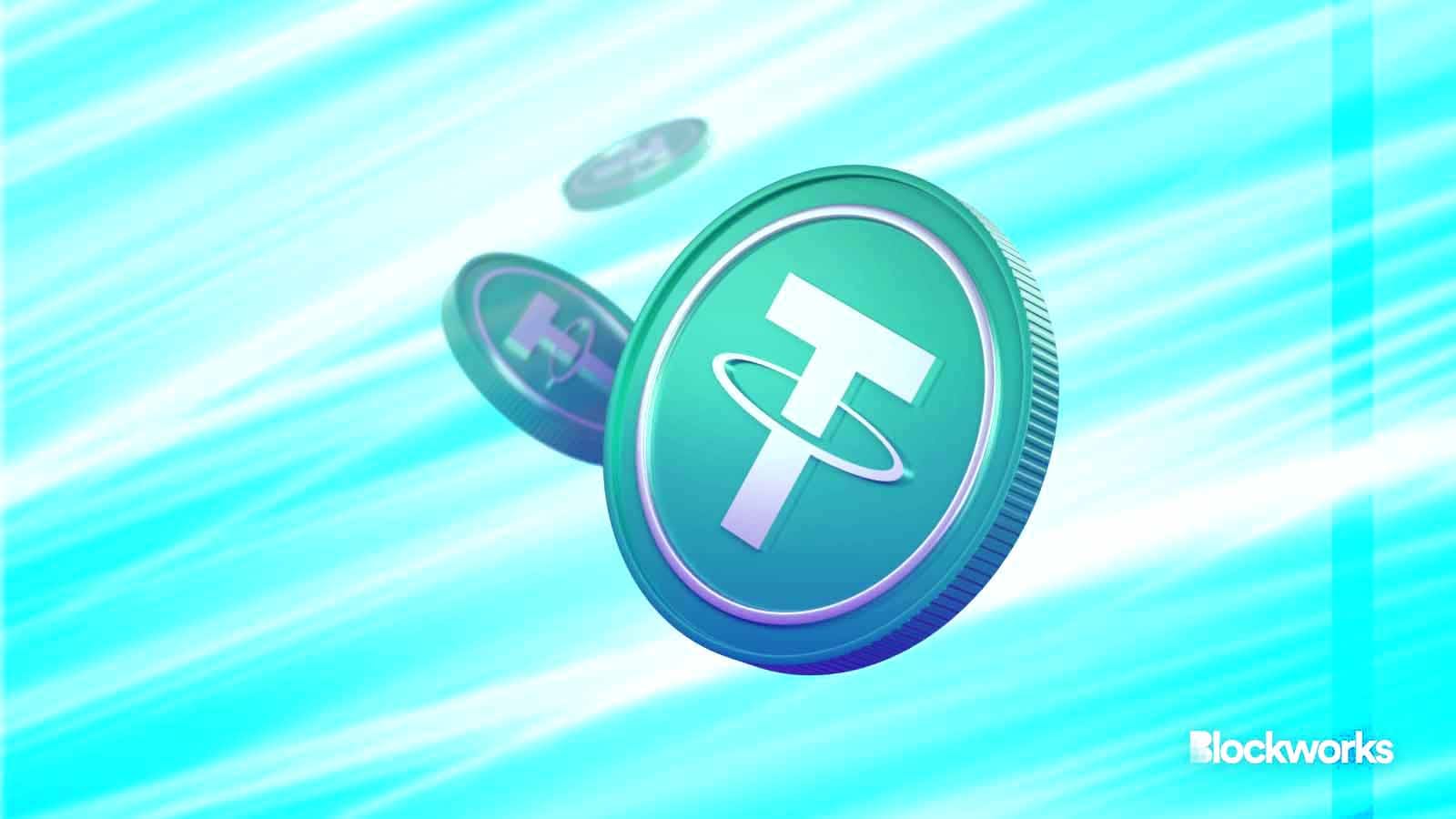16 months later, Tether finally bends to OFAC
Tether has changed its mind about complying with US sanctions laws, and it says its doing so “voluntarily”

Tether and Adobe modified by Blockworks
More than a year after publicly refusing to bend to the US Office of Foreign Assets Control, stablecoin issuer Tether is getting on board with sanctions compliance.
Tether over the weekend said it would be expanding its security protocols to freeze wallets associated with US-sanctioned individuals and entities. Starting this month, the stablecoin issuer has offered secondary market controls by freezing tokens held in wallets separate from its own platform, the company said in a statement.
“The primary objective behind this approach is to proactively prevent any potential misuse of Tether tokens and enhance security measures,” Tether wrote in the Dec. 9 blog post.
Tether has since frozen 161 wallets, including some linked to OFAC-sanctioned mixing service Tornado Cash, according to on-chain data.
It’s a sharp change of tune for Tether, which in August 2022 said it would not be freezing Tornado Cash addresses after the crypto mixing service was added to OFAC’s Specially Designated Nationals (SDN) list. The company said it would take no action unless explicitly directed to do so by US law enforcement.
Read more: Tether receives ‘constrained’ assessment from S&P Global
“Unilaterally freezing secondary market addresses could be a highly disruptive and reckless move by Tether,” the company said in August 2022.
Sanctions experts say Tether’s new policy is likely a result of US agencies cracking down on companies, even those not headquartered in the US, like Tether.
“With the increase in geopolitical tensions, OFAC has been more active in enforcing the US economic sanction programs against countries and groups of individuals for national security reasons,” Yankun Guo, partner at Chicago law firm Dinsmore and Shohl LLP, said.
OFAC’s extraterritorial powers extend beyond US-based companies to foreign companies that have commercial activities operating within the US financial system, such as Tether, Guo said.
“Because of this, Tether and a number of other companies are finally complying with US laws and regulations,” she added.
Tether called the new policy a “voluntary” step toward cooperating with US sanctions regulators, but legal experts maintain that the rules around sanctions are clear.
“OFAC published sanctions compliance guidance in October 2021 to clarify that cryptocurrency companies operating within the United States must comply with OFAC sanctions when operating in the US jurisdiction,” Margaret Rosenfeld, chief legal officer at Cube.Exchange said.
This week’s updated measures come roughly a month and a half after Tether responded to criticism that cryptocurrencies and associated companies were key tools for illicit actors in financing their criminal activity. Tether claimed it works with “31 law enforcement agencies across 19 jurisdictions to curb malicious activities.”
“Since inception, our active measures have resulted in freezing a cumulative total of $835 million in assets tied to illicit activities, primarily hacks of cryptocurrency exchanges and DeFi platforms,” the company wrote in an October 2023 statement.
Start your day with top crypto insights from David Canellis and Katherine Ross. Subscribe to the Empire newsletter.





